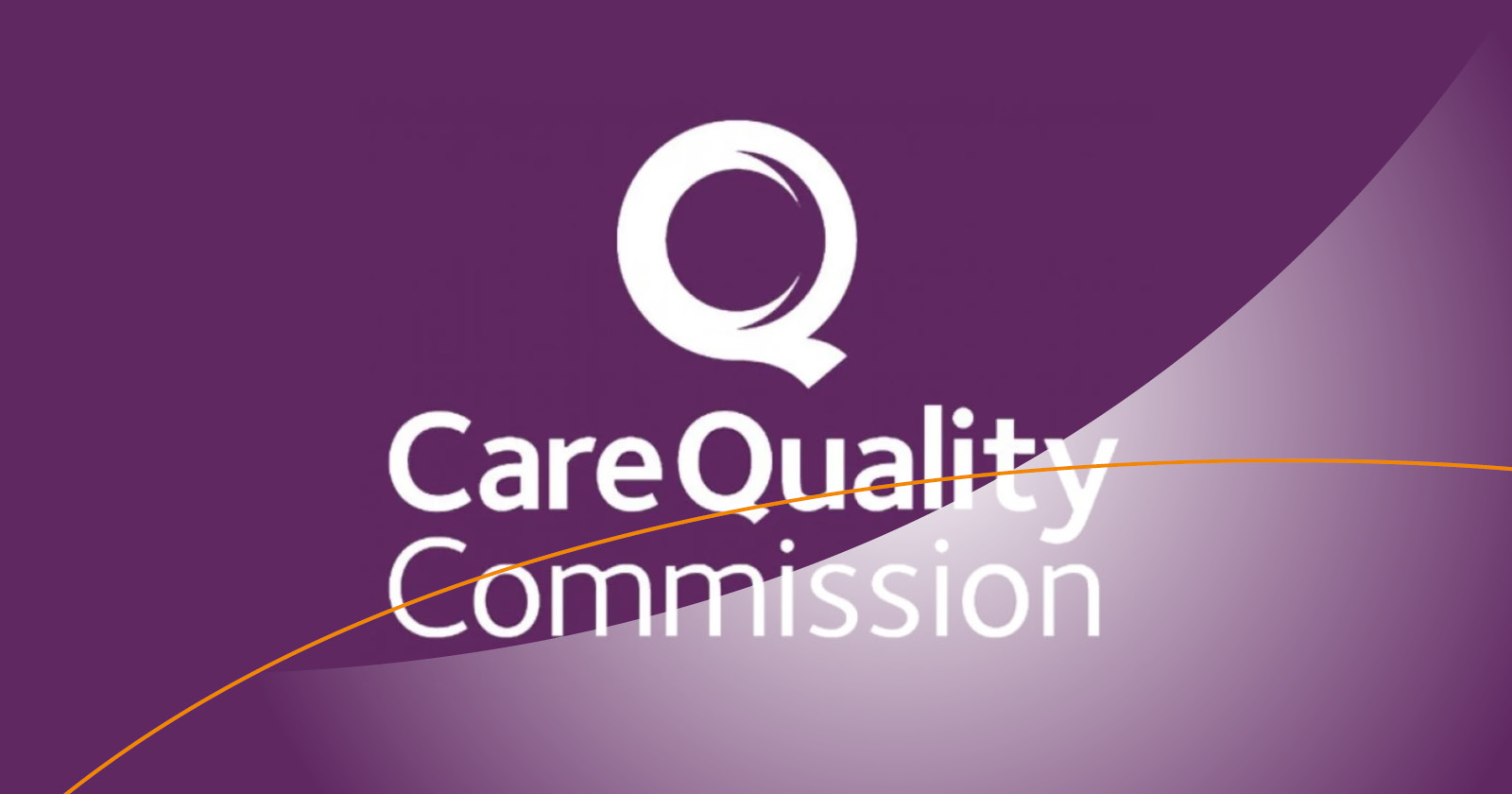The CQC State of Care Report 2022/23 – Key findings

The Care Quality Commission (CQC) has published its latest State of Care Report, which looks at the quality of care over the past year. Issues identified last year, such as staffing levels, have continued to escalate, in conjunction with newer issues such as the cost of living crisis.
The key findings are:
1. Access to and Quality of Care
Access to care across England remains a problem, which has been consistent in the wake of COVID-19.
CQC reports that 12,000 patients were waiting in hospital in August 2023 because they could not be returned to a community setting. There are delays in discharging people from hospital because there is a lack of capacity in settings they can be discharged to. However, it is positive to see that social care occupancy rates are nearing pre-pandemic levels.
Increased demand and workforce challenges have a direct impact on the quality of care people receive. Staff have reported that workforce pressures are impacting their mental health which affects their ability to deliver safe and good quality care.
Overall, the quality of care appears to be satisfactory. CQC reports that 79% of adult social care providers were rated good in 2023, which is consistent with the figures from 2022. However, we have noticed that the current risk-based approach to inspections seems to be putting downward pressure on the ratings of services that have been inspected recently.
2. Inequalities
The underfunding of the care sector has long been a topic of debate. CQC takes the view that this lack of funding can mean that financials are prioritised above person-centred care. The distortion of funding across the UK means that people in certain regions may receive better care than others. This does not promote consistency and exacerbates inequality and access to care.
3. The Workforce
CQC has reported that providers have not accepted referrals to their services due to understaffing. Significant staffing shortages are a widespread issue which does not appear to be improving. There is constant pressure on providers to use agency staff to fill the gaps in their workforce. This can increase risk to those using a service if a member of staff is not aware of their needs and requirements. This can have an adverse impact on the ratings awarded by CQC.
Providers have reported they are struggling to pay staff a wage in line with inflation. Over 50% of adult social care providers said they were facing recruitment challenges, with 31% reporting difficulties in retaining staff. However, there has been a substantial increase in people arriving from overseas to work in the UK care sector which is helping address some of the shortfall. The number of overseas staff arriving increased to 70,000 in 2022/23, from 20,000 in 2021/2022.
4. Deprivation of Liberty Safeguards (DoLS)
DoLS are an important aspect of the sector and contribute to the delivery of safe care. However, there are ongoing concerns with the current system and a lack of understanding around DoLS management contributes to the overuse of restrictive practices, which can be counterintuitive to care.
DoLS applications increased to over 300,000 in 2022/23 and only 19% of standard applications were completed within the correct timeframe. These delays are leaving vulnerable people without protection.
5. Systems
There have been significant changes over the past year. New integrated care systems were introduced in 2022 and have now been formalised. CQC are also changing the way things are done with the aim to provide a more meaningful assessment of care.
This is not yet fully operational – there will be a phased rollout over 2023/24. How the new system will work in practical terms is yet to be seen.
Conclusion

Overall, the report reflects a turbulent year for health and social care. This is mainly due to the cost of living crisis and workforce pressures. There is a risk that the quality of care people receive will be reduced and the unequal access to care will continue to grow.
There are positives in the report, such as the fairly stable levels of quality care and the use of new technology to revolutionise care. However, there remains systemic issues which need to be resolved in order to improve the picture overall.
Insight from our legal specialists
View more articles related to Health and Social Care
















